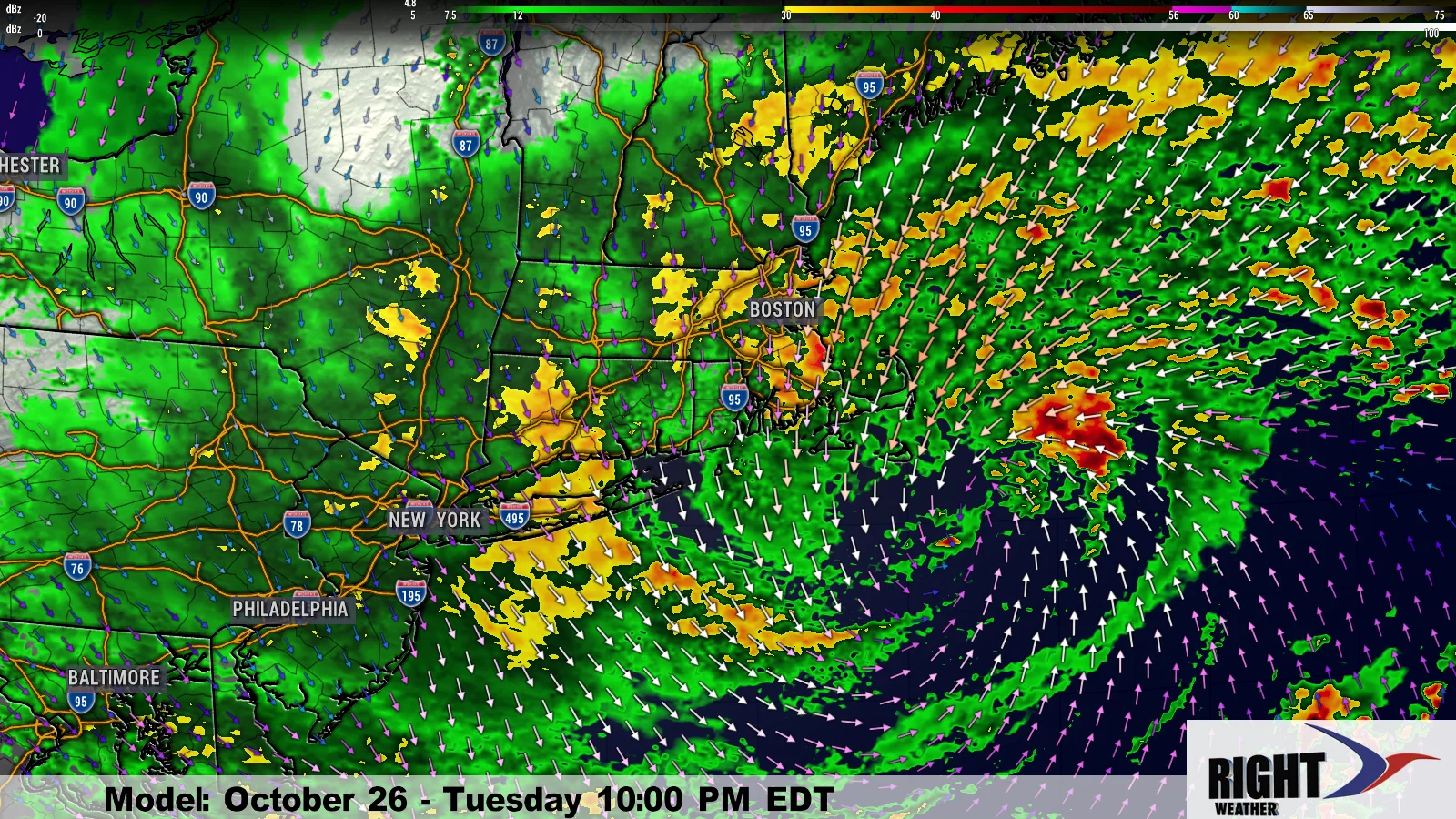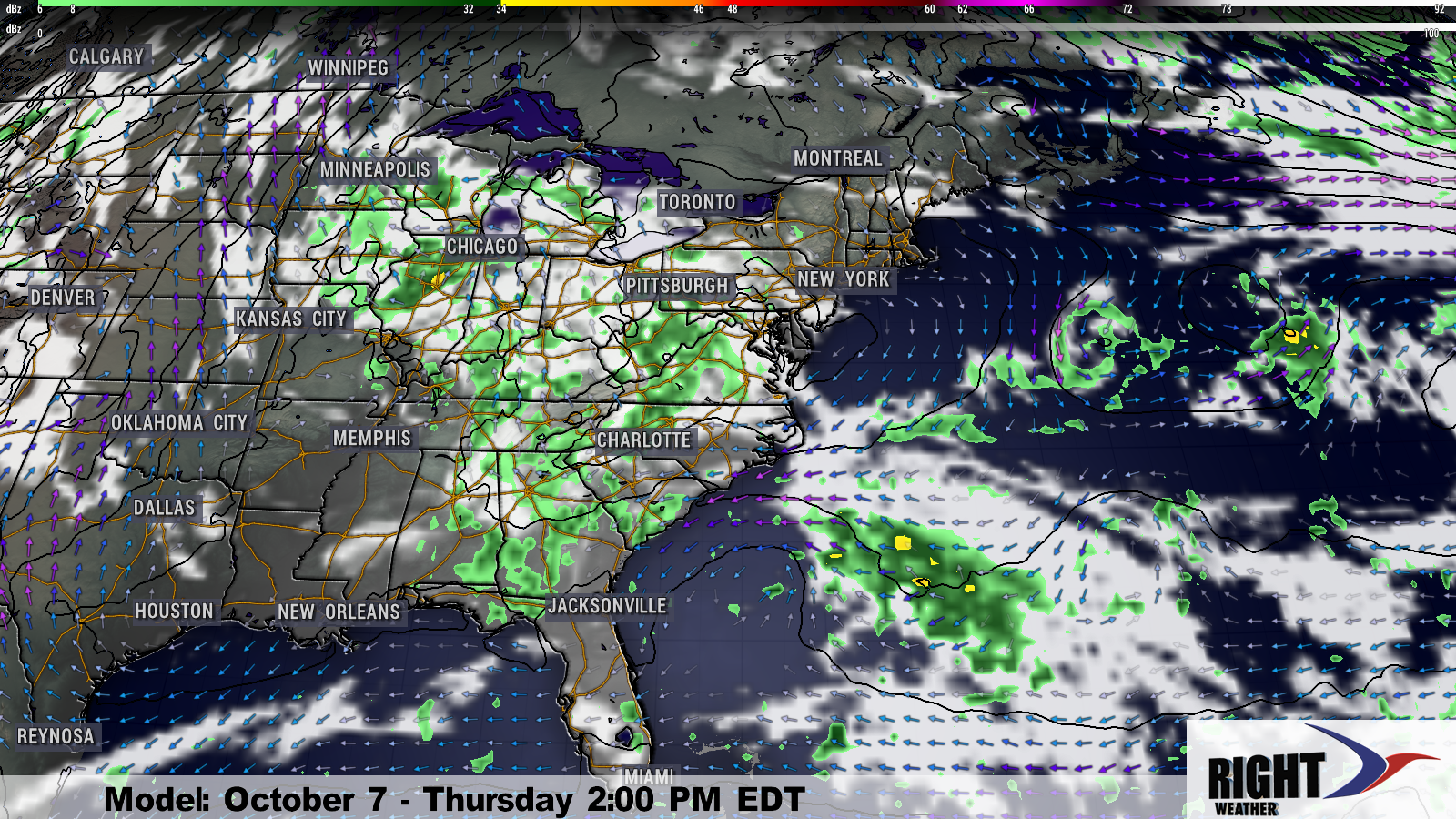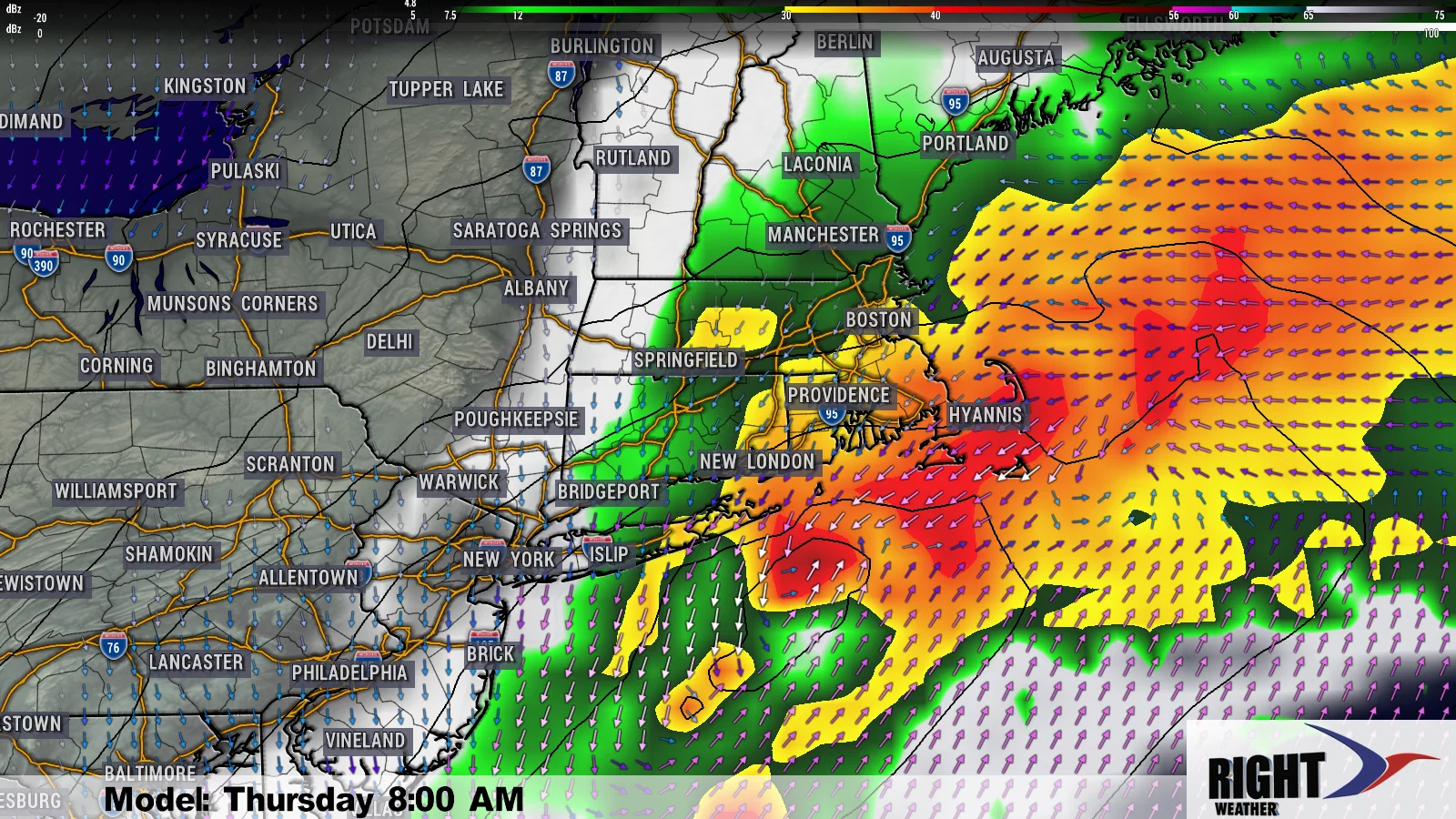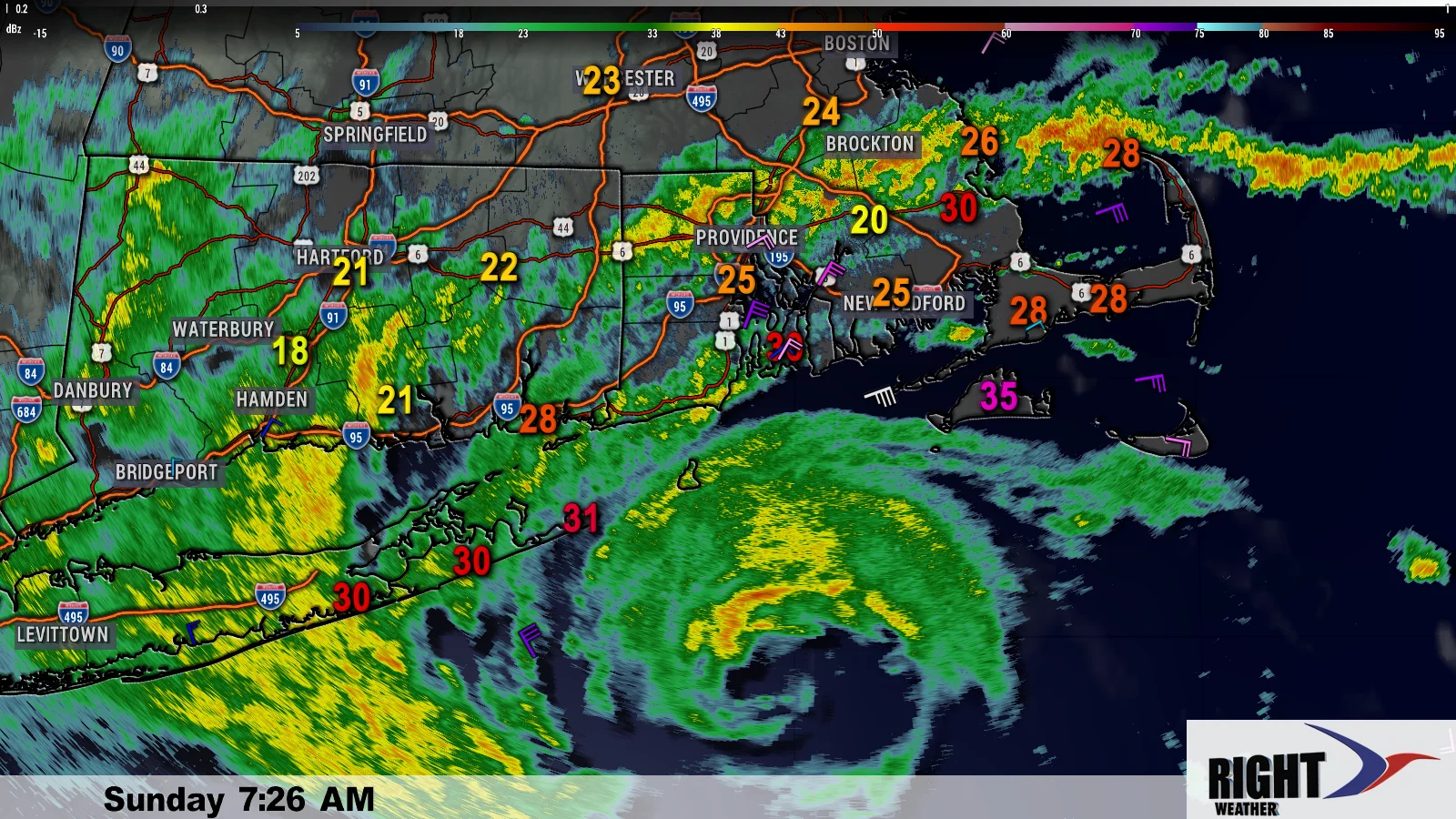The annual Perseid meteor shower is underway and it will peak in the coming days. If conditions are right, you may see 70 meteors per hour in the skies over Southern New England. The meteor shower peaks Sunday and Monday night. The meteor shower is a result of the earth passing through the dust from Comet Swift-Tuttle. The meteor shower’s name comes from the constellation Perseus – where the meteors emanate from in the sky. Viewing is best away from city lights between midnight and dawn while looking northeast.
Forecast
Saturday night: Clear, comfortable. Lows: 54-60
Sunday night: Mainly clear to partly cloudy. Lows: Low 60s
Monday night: Partly to mostly cloudy. Lows: Mid 60s
Based on the forecast for Southern New England, the best night to view the meteors is probably Sunday night because of the number of expected meteors and the forecast for mainly clear to partly cloudy skies.


Perseids
Comet of Origin: 109P/Swift-Tuttle
Radiant: constellation Perseus
Active: July 17-Aug. 24, 2013
Peak Activity: Aug. 11-12, 2013
Peak Activity Meteor Count: Up to 60 meteors per hour
Meteor Velocity: 37 miles (59 kilometers) per second
Notes: The Perseids is known as one of the best meteor showers to observe, and this year is no different. A crescent moon will set shortly after midnight, leaving dark skies from late night until dawn. The Perseids are typically fast and bright meteors that frequently leave trains.



